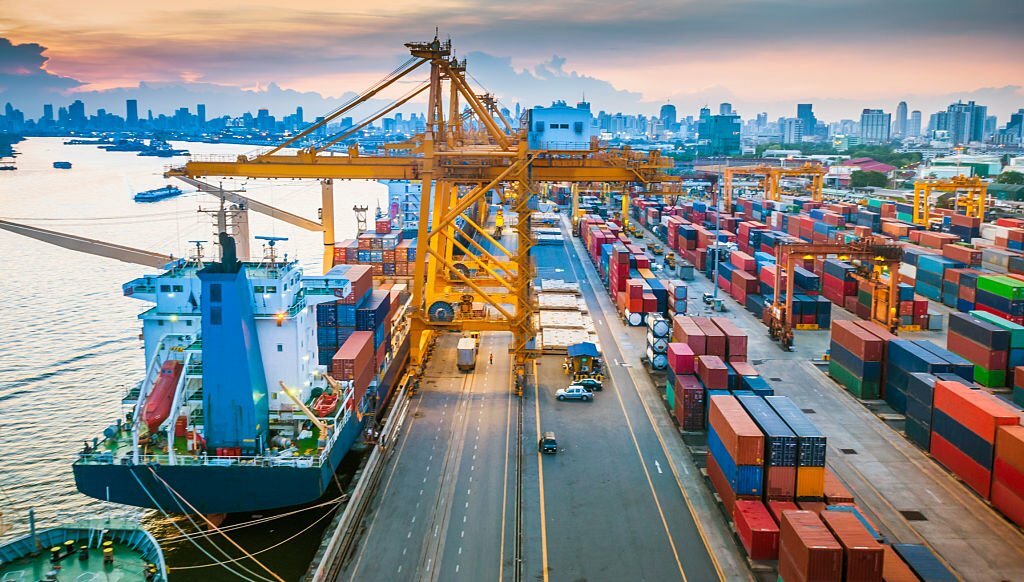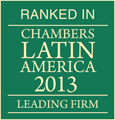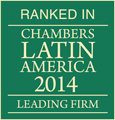IUS IMPERI O LIBERTAS CONTRAHENDI?
Honduras has a Law on Representatives, Distributors, and Agents (hereinafter referred to as “the Law”) dating from December 1977, which establishes special rights for national distributors, representatives, and agents who have their contracts registered in the corresponding Registry.
This law grants local distributors the following rights, among others:
a. The right to claim damages, which will generally be calculated according to the law, taking into account the local distributor’s expenses, investments, gross profit over the last five years, and credits granted.
b. To restrict the entry of the customs product until the resolution is complied with.
c. To consider the refusal to renew as a breach of contract by the Grantor with the right to the aforementioned legal compensation
The justified causes for terminating the contract without these penalties are indicated in the law and its amendments. In other words, in principle, it is considered that other justified causes for terminating (or refusing to renew) these contracts may affect the rights of local distributors, agents, or representatives.
In 2006, Honduras approved a “Special Regime for Representatives and Distributors” for licensors originating from CAFTA countries, which excluded them from certain articles of the Law and restored respect for freedom of contract. In practical terms, this exception prevented the application of the law’s supplementary compensation formulas, penalties for non-renewal of the contract, and certain restrictive measures for future imports by the licensor.
After analyzing these modifications, it is valid to question whether the law changed for licensors from CAFTA countries from “Jus Imperi” to “Libertatis Contrahendi.”
Given that court rulings tended to be protectionist in favor of national representatives, distributors, and agents, in 2011 arbitration ceased to be prohibited for this type of dispute and became considered by law as “mandatory on a supplementary basis.”
It is interesting to note that we are not aware of any other investment treaty after CAFTA that mentions similar exclusions for its national grantors. It seems that the concessionaires of these countries have been left to chance by their own governments.
However, it is important to note that most of these investment treaties do have a “Most Favored Nation” (MFN) clause, which should prompt concessionaires’ lawyers to consider whether this can be invoked as a shield against an abusive distributor.
We therefore return to the title of this article and realize that distinguishing between “Ius Imperi or Libertatis Contrahendi” in Honduras for this type of contract is not only an academic exercise but also an important and pragmatic tool that must be addressed when initiating or renewing a contractual relationship of this kind.
Armida María López Villela de Arguello













